In the quiet rhythms of daily life, blood pressure often hums along unnoticed—an invisible force pulsing through our veins. Yet, when it creeps too high, it silently shapes our health, sometimes steering us toward trouble before we even realize. While modern medicine offers many tools to manage this invisible gauge, nature provides a gentle, accessible counterpoint. This article explores the art and science of lowering blood pressure naturally, unveiling simple lifestyle shifts and time-honored habits that invite balance and harmony back into the body’s flow. Whether you seek to prevent or to ease hypertension, embracing these natural pathways can be a powerful step toward lasting well-being.
Table of Contents
- Understanding Blood Pressure and Its Impact on Health
- The Role of Diet in Managing Blood Pressure Naturally
- Incorporating Physical Activity to Support Heart Health
- Stress Reduction Techniques That Help Lower Blood Pressure
- Essential Lifestyle Changes for Long-Term Blood Pressure Control
- Herbal Remedies and Natural Supplements to Consider
- Q&A
- Final Thoughts
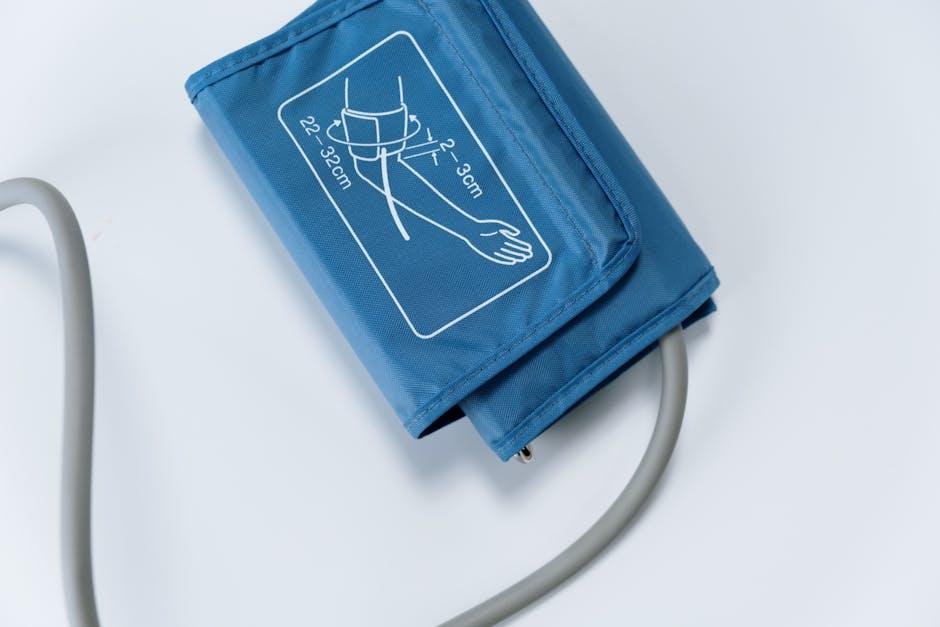
Understanding Blood Pressure and Its Impact on Health
Blood pressure is a vital sign that reflects the force exerted by circulating blood on the walls of arteries. While a certain level is essential for proper blood flow, consistently elevated readings can strain the heart and blood vessels, potentially leading to serious conditions such as heart disease, stroke, and kidney problems. Understanding how blood pressure fluctuates due to lifestyle, diet, and emotional state helps in managing it effectively without solely relying on medication.
Several natural strategies focus on reducing blood pressure through sustainable lifestyle changes. Incorporating regular exercise, managing stress, and adjusting dietary habits play a critical role in maintaining healthy levels. Here are some key practices to consider:
- Balanced Diet: Emphasize fruits, vegetables, whole grains, and lean proteins, while limiting sodium and processed foods.
- Physical Activity: Aim for at least 150 minutes of moderate aerobic exercise weekly, such as brisk walking or cycling.
- Stress Reduction: Techniques like meditation, yoga, or deep breathing can lower cortisol levels that elevate blood pressure.
- Weight Management: Even a modest weight loss can have a significant impact on blood pressure control.
- Limit Alcohol and Avoid Tobacco: Excessive alcohol and smoking contribute to elevated pressure and vascular damage.
| Factor | Impact on Blood Pressure |
|---|---|
| High Sodium Intake | Raises pressure by retaining excess fluid |
| Regular Exercise | Helps lower by improving heart health |
| Stress | Triggers temporary spikes, chronic increase |
| Weight Loss | Reduces strain on the cardiovascular system |
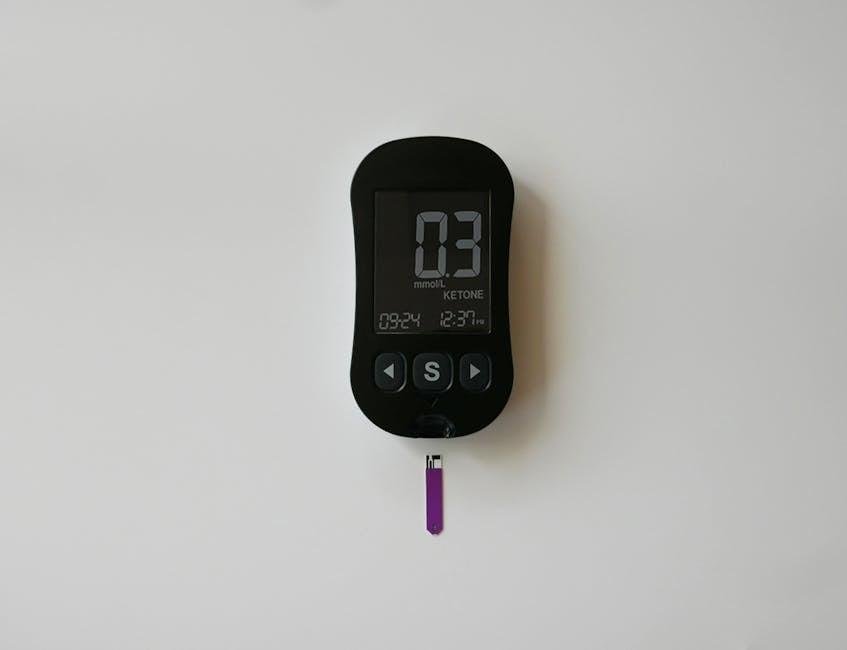
The Role of Diet in Managing Blood Pressure Naturally
Embracing specific dietary habits can be a transformative step toward naturally regulating your blood pressure. Incorporating a variety of nutrient-rich foods can make a significant difference. Potassium, abundant in bananas, spinach, and sweet potatoes, plays a crucial role in balancing sodium levels, thus helping to reduce tension in blood vessel walls. Meanwhile, magnesium found in nuts, seeds, and whole grains, supports vascular health and can ease blood flow. Reducing processed foods and excess salt intake is equally important to prevent the arteries from stiffening, which often fuels high blood pressure.
When designing a blood-pressure-friendly diet, consider focusing on whole, unprocessed foods with these key components:
- Fruits and Vegetables: Rich in antioxidants and fiber, they help combat inflammation and promote heart health.
- Lean Proteins: Sources like poultry, fish, and legumes provide essential amino acids without excess saturated fat.
- Healthy Fats: Incorporate avocados, olive oil, and fatty fish to support endothelial function.
- Low-fat Dairy: Supplies calcium, which has been linked to lower blood pressure levels.
| Food Group | Benefits | Examples |
|---|---|---|
| Fruits & Vegetables | High in potassium, antioxidants | Bananas, berries, spinach, kale |
| Lean Proteins | Supports muscle and vascular health | Chicken breast, lentils, tofu |
| Healthy Fats | Improves arterial flexibility | Olive oil, walnuts, salmon |
| Low-fat Dairy | Calcium for blood pressure regulation | Skim milk, yogurt, cottage cheese |

Incorporating Physical Activity to Support Heart Health
Engaging in regular physical activity is a cornerstone for maintaining a healthy heart and managing blood pressure naturally. Activities such as brisk walking, cycling, swimming, or even dancing help strengthen the heart muscle, allowing it to pump blood with less effort. Over time, this leads to a reduction in pressure exerted on your arteries. Aim for at least 150 minutes of moderate-intensity aerobic exercise per week for optimal results. Remember, consistency is key; even small, daily bouts of movement can compound into significant benefits.
Incorporating a variety of exercises not only supports cardiovascular health but also promotes overall well-being. Here are some effective options to consider:
- Cardio workouts: Activities that elevate your heart rate help increase circulation and reduce stiffness in blood vessels.
- Strength training: Building muscle can improve metabolism and assist in maintaining a healthy weight, which contributes to lower blood pressure.
- Flexibility and balance exercises: Practices like yoga or tai chi reduce stress hormones and enhance relaxation, indirectly benefiting your heart.
| Exercise Type | Benefit | Recommended Frequency |
|---|---|---|
| Brisk Walking | Improves circulation | 30 mins, 5 days/week |
| Strength Training | Builds muscle mass | 2-3 days/week |
| Yoga | Reduces stress | 2-3 days/week |

Stress Reduction Techniques That Help Lower Blood Pressure
One of the most effective yet often overlooked ways to manage blood pressure is through mindful relaxation practices that calm the nervous system. Techniques such as deep breathing exercises, progressive muscle relaxation, and guided imagery tap into the body’s natural ability to reduce stress hormones, which in turn can help bring blood pressure to a healthier range. Incorporating a daily ritual of just 10-15 minutes dedicated to these calming activities can significantly lower the physical tension and mental clutter that often contribute to hypertension.
Another powerful approach is to build a lifestyle infused with simple, stress-busting habits that enhance emotional resilience. Creating a personal toolkit of activities such as:
- Yoga or Tai Chi: Gentle movement paired with breath control
- Meditation: Cultivating stillness and focus
- Nature walks: Immersing in greenery for a natural mood lift
- Journaling: Expressing thoughts to clear mental blocks
Can fortify your mental defenses against daily stressors. These techniques not only soothe the mind but enhance vascular health by improving circulation and reducing inflammatory markers associated with high blood pressure.
| Technique | Recommended Duration | Key Benefit |
|---|---|---|
| Deep Breathing | 5–10 minutes/day | Reduces heart rate quickly |
| Yoga | 20 minutes/session | Improves flexibility and lowers stress |
| Meditation | 10–15 minutes/day | Enhances emotional stability |
| Nature Walks | 30 minutes/session | Boosts mood naturally |
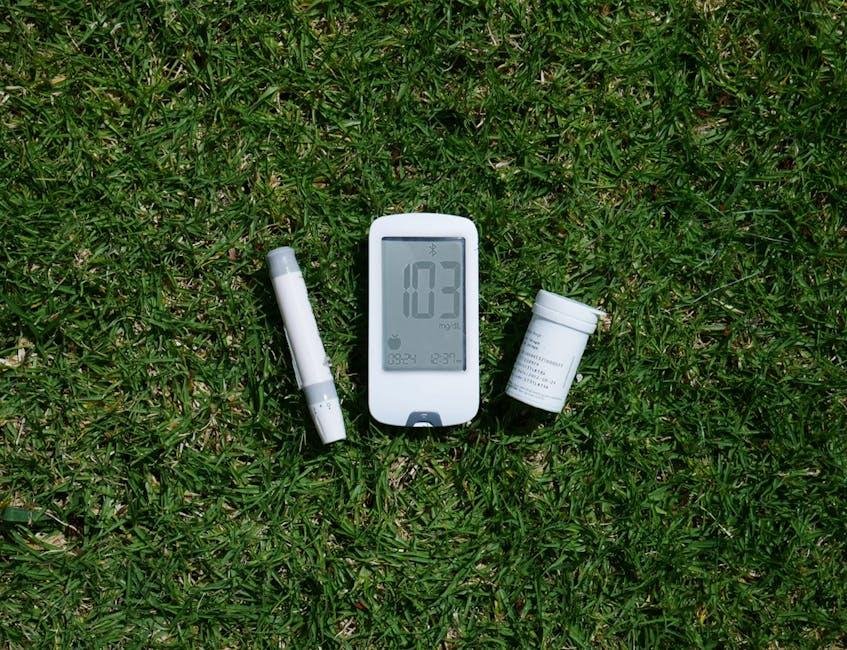
Essential Lifestyle Changes for Long-Term Blood Pressure Control
Adopting sustainable habits plays a significant role in maintaining healthy blood pressure levels over time. Small but consistent changes can have a profound impact on cardiovascular health. Consider incorporating regular physical activity into your routine, such as brisk walking, cycling, or yoga, which helps improve heart efficiency and blood vessel flexibility. Additionally, managing stress through mindfulness practices like meditation or deep breathing exercises can reduce blood pressure spikes triggered by anxiety or tension.
Nutrition also stands as a cornerstone of blood pressure management. Embrace a diet rich in potassium, magnesium, and fiber, which supports vascular health and reduces arterial stiffness. Limiting sodium intake is equally crucial, as excess salt intake can raise blood pressure dramatically. Here’s a quick reference table to help guide your food choices:
| Recommended Foods | Foods to Limit |
|---|---|
| Leafy greens (spinach, kale) | Processed snacks (chips, pretzels) |
| Berries and citrus fruits | Canned soups with high sodium |
| Whole grains (quinoa, oats) | Fast food and fried items |
| Low-fat dairy products | Salty cured meats |
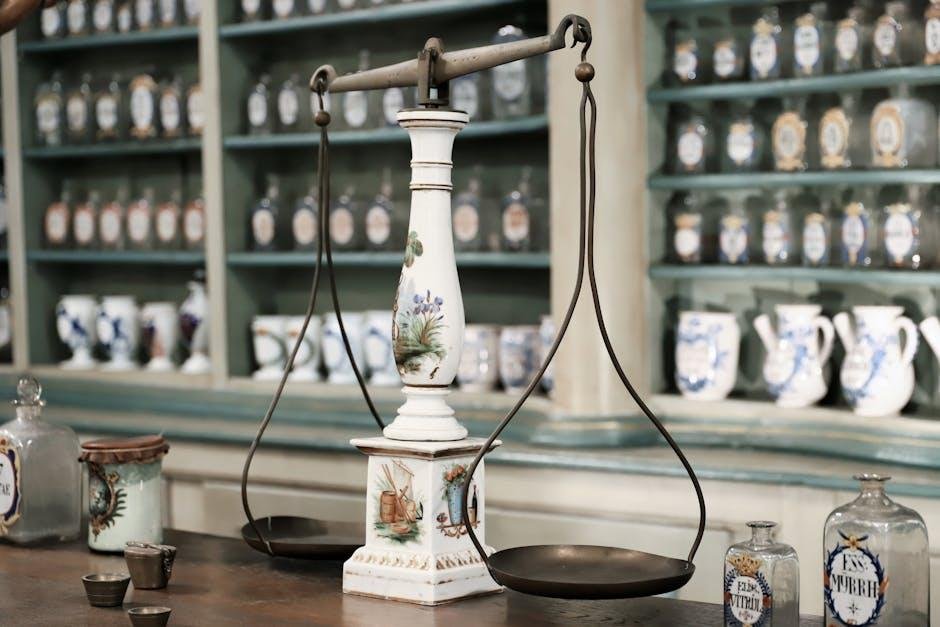
Herbal Remedies and Natural Supplements to Consider
Nature offers a treasure trove of solutions to support healthy blood pressure levels without the harsh effects of pharmaceuticals. Among the most renowned are garlic supplements, celebrated for their ability to relax blood vessels and improve circulation. Similarly, Hibiscus tea has gained popularity for its rich antioxidant content and its documented ability to lower blood pressure. Incorporating these botanicals into your routine can complement lifestyle changes, providing a gentle yet effective boost to your cardiovascular health.
Additionally, consider exploring the following natural supplements, which research suggests may further aid in maintaining healthy blood pressure:
- Omega-3 fatty acids – Known for reducing inflammation and promoting heart health.
- Coenzyme Q10 (CoQ10) – Supports cellular energy and may help dilate blood vessels.
- Magnesium – Helps relax blood vessels and regulates nerve function.
- Beetroot powder – Rich in nitrates that can improve blood flow.
| Supplement | Key Benefit | Suggested Use |
|---|---|---|
| Garlic | Vasodilation | 600-1,200 mg daily |
| Hibiscus | Antioxidant support | 2-3 cups tea daily |
| Omega-3 | Inflammation reduction | 1,000 mg EPA/DHA |
| Magnesium | Muscle relaxation | 300-400 mg daily |
Q&A
Q: What exactly is blood pressure, and why should I care about lowering it naturally?
A: Blood pressure is the force your blood exerts against the walls of your arteries as your heart pumps. When it stays consistently high, it strains your heart and arteries, increasing the risk of heart disease, stroke, and other health problems. Lowering blood pressure naturally helps you maintain a healthy heart without relying solely on medications.
Q: Can lifestyle changes really make a difference in blood pressure?
A: Absolutely! Small, mindful adjustments—like eating a balanced diet, staying active, and managing stress—can significantly reduce your blood pressure over time. These changes nurture your body’s natural ability to keep blood vessels healthy and flexible.
Q: What are the best foods to include in a blood pressure-friendly diet?
A: Think colorful and fresh: plenty of fruits and vegetables, whole grains, nuts, and lean proteins. Foods rich in potassium, like bananas and spinach, help balance sodium levels, which can lower blood pressure. Also, minimizing processed foods high in salt is key.
Q: How important is exercise in controlling blood pressure?
A: Very important! Regular physical activity strengthens your heart, helping it pump blood more efficiently. Aim for at least 150 minutes of moderate exercise each week—walking, cycling, or even dancing work wonders.
Q: What role does stress play in blood pressure, and how can I manage it?
A: Stress can trigger temporary spikes in blood pressure and, if chronic, may contribute to sustained high levels. Techniques like deep breathing, meditation, yoga, or simply spending time in nature can soothe your mind and promote a healthier pressure.
Q: Is reducing caffeine and alcohol consumption beneficial?
A: Moderation is key. Excessive caffeine can cause short-term increases in blood pressure, and heavy alcohol use may raise it long term. Limiting caffeine to moderate amounts and drinking alcohol responsibly supports your heart health.
Q: Are there any natural supplements proven to help lower blood pressure?
A: Certain supplements like magnesium, omega-3 fatty acids, and garlic have shown promise, but it’s essential to consult a healthcare provider before starting any. Natural doesn’t always mean risk-free, and supplements should complement, not replace, healthy habits.
Q: How quickly can I expect to see changes after adopting natural blood pressure-lowering strategies?
A: Changes can vary—some people notice improvements within weeks, while for others it may take a few months. Consistency is vital; sustained lifestyle choices yield the best long-term results.
Q: When should I seek medical advice despite trying natural methods?
A: If your blood pressure readings remain high (typically above 130/80 mmHg), or if you experience symptoms like headaches, dizziness, or chest pain, consult a healthcare professional promptly. Natural methods are powerful but may need to be paired with medical treatment.
Q: Can lowering blood pressure naturally improve my overall well-being?
A: Definitely. Beyond numbers, adopting a heart-healthy lifestyle boosts your energy, mood, and resilience—making life not just longer, but fuller and richer.
Final Thoughts
In the journey toward healthier blood pressure, nature offers a gentle yet powerful path. By embracing simple lifestyle changes—nourishing your body with wholesome foods, moving mindfully, managing stress, and fostering restful sleep—you empower yourself to take the reins of your well-being. While the road may require patience and consistency, these natural steps can lead you toward a calmer heart and a steadier pulse. Remember, every small choice is a seed planted for a healthier tomorrow.



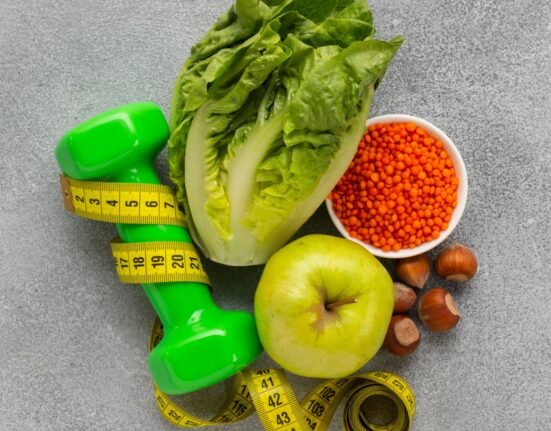









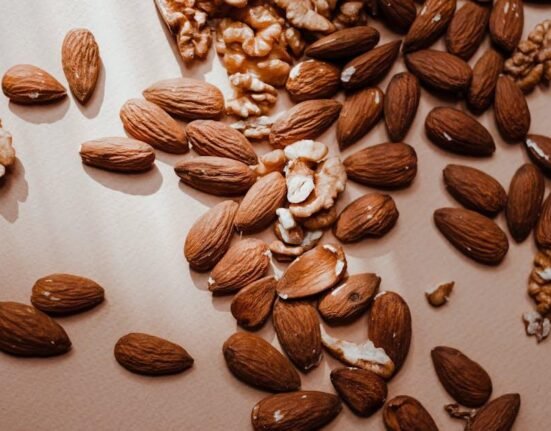

Leave feedback about this